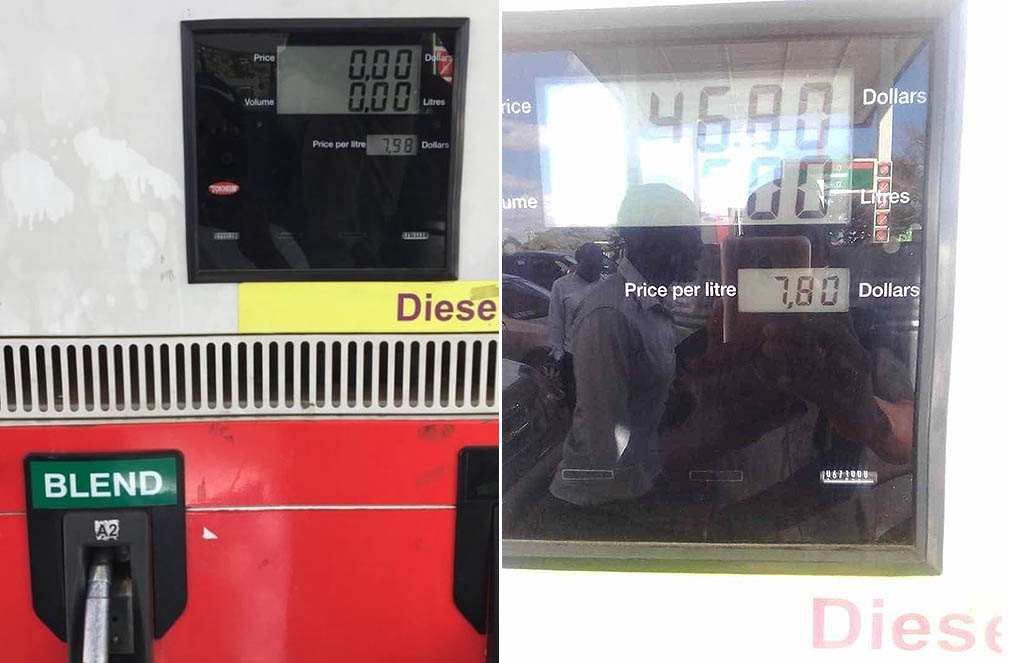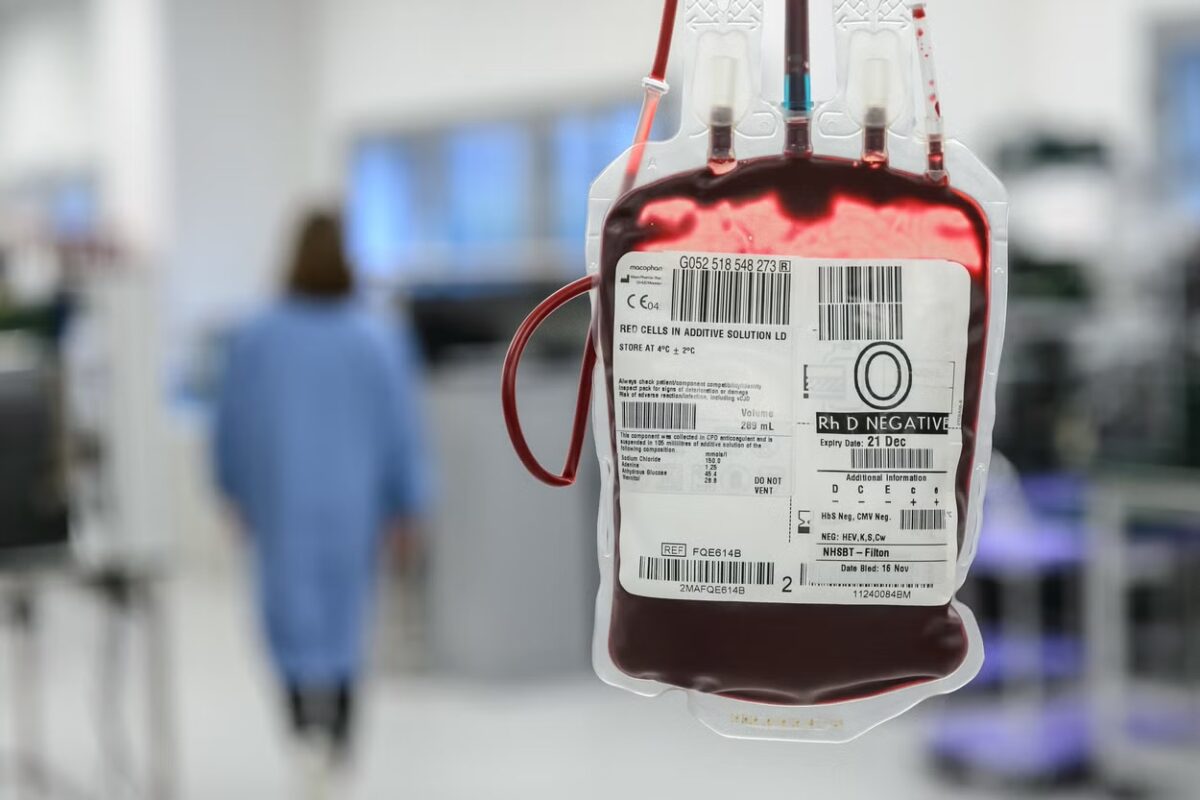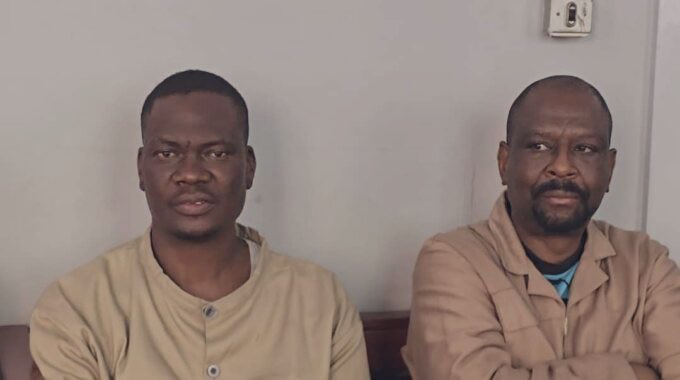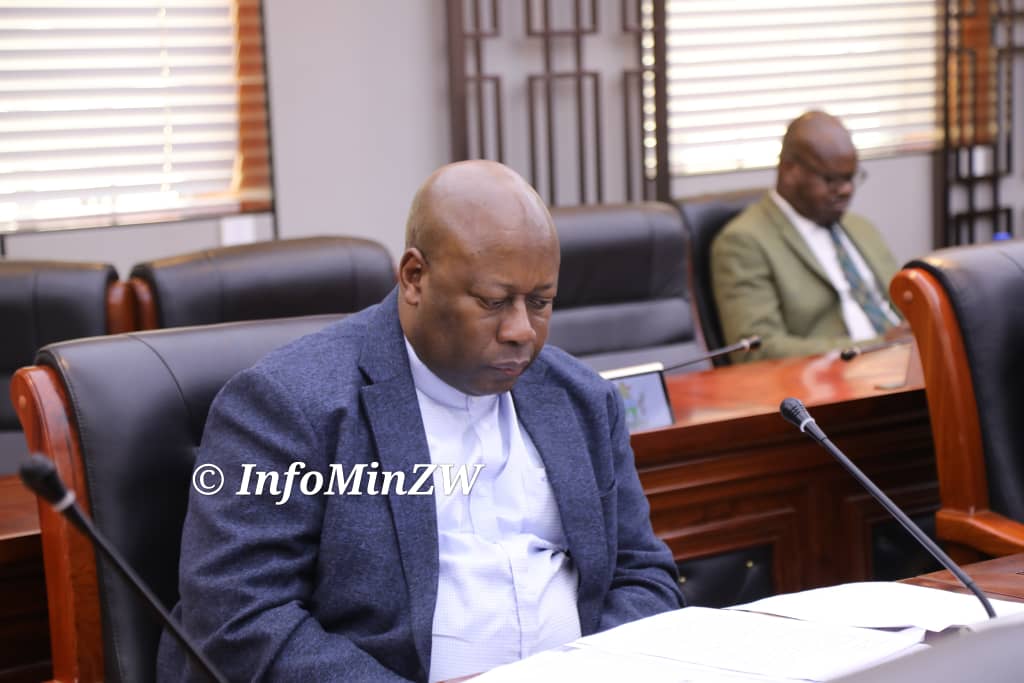HARARE – The government threatened to come down hard on petroleum companies on Tuesday after the price of petrol shot up to as much as RTGS$7.98 at some service stations in Harare.
The Zimbabwe Energy Regulatory Authority (ZERA), which sets fuel prices in consultation with the fuel companies, said it had not approved a price increase.
“Following the post circulating on social media on the increase of fuel prices, ZERA wishes to assert that fuel prices have not been reviewed,” ZERA said in a brief statement on Twitter.
In the second major fuel price increase this year, ZERA announced on May 21 that diesel would now cost RTGS$4.89, up from RTGS$3.26, and petrol RTGS$4.97, compared with RTGS$3.38.
The fuel price rise was accompanied by a plunge in the country’s RTGS dollar against the U.S. dollar on the interbank and parallel markets.
The Reserve Bank of Zimbabwe also effectively removed a subsidy by ending oil importers’ access to U.S. dollars at a favourable rate. Oil firms started buying dollars on the interbank to import fuel, having previously been allowed to use a 1:1 dollar to RTGS$ rate.
Fuel companies, like all other businesses in Zimbabwe, are trying to keep up with the collapsing RTGS dollar.
George Guvamatanga, the permanent secretary in the ministry of finance, said “while a review of prices was done, the decision is that the current prices should be maintained.”
The information ministry, following a meeting of Cabinet, said ministers “resolved that it is unacceptable to sell fuel at as high as $7 per litre.”
“Energy Minister Fortune Chasi has met players and warned them that this behaviour is not acceptable and ZERA will be out in full force enforcing the law,” the ministry said.
Further fuel increases will spark economy-wide price increases, further driving up the country’s soaring inflation rate.

The mounting hardships caused by a failing economy have fuelled public resentment against the government of President Emmerson Mnangagwa, which appears paralysed since claiming victory in disputed elections last July.
The government has been put on notice by the opposition and public sector workers who are threatening crippling strikes and protests within weeks. Mnangagwa, according to reports, is also facing growing calls within his party and the powerful military to quickly get a handle on the economy or resign.
















